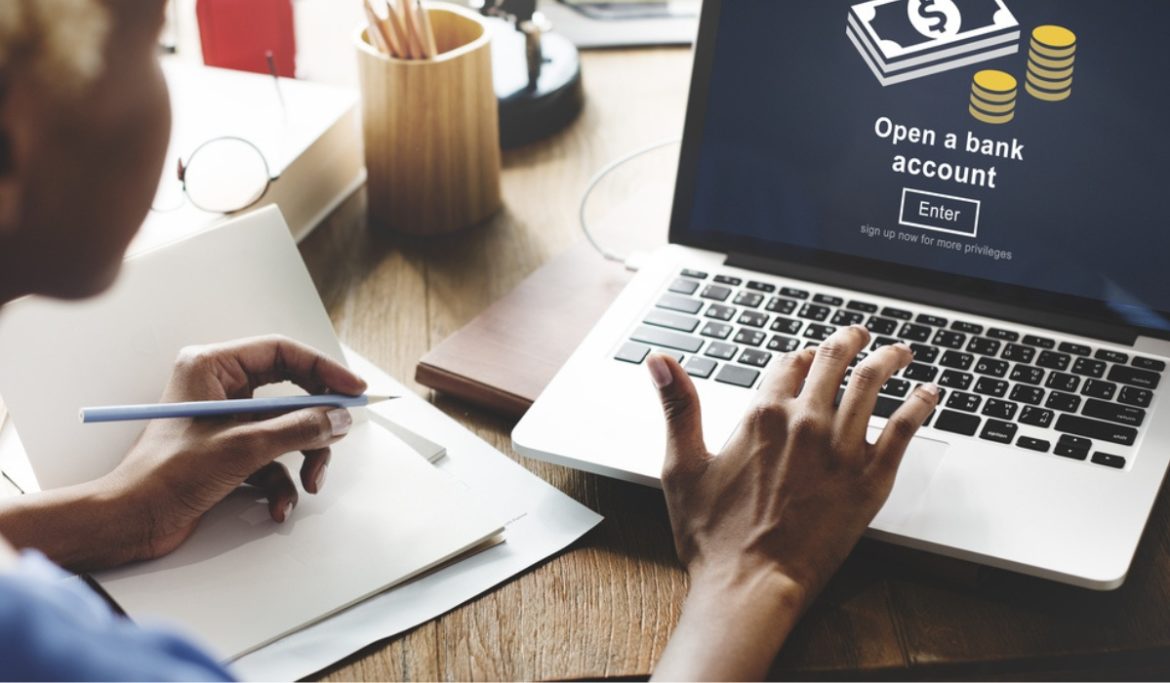You should check your bank account on a regular basis. It’s important to stay on top of your finances, and monitoring your online checking account regularly is easy.
Contents
Evaluate your use of direct deposit
You can use direct deposit to pay multiple bills, which can save you time and money. For example, if you get paid on the last day of each month and your rent is due on the 10th, consider setting up automatic payments for both so that the money gets transferred from your checking account on the 5th. This way, all of your bills are paid at once without having to worry about remembering or forgetting them.
If you still need to set up direct deposit, take a few minutes today to set it up now! SoFi experts state, “Apply online for a high-yielding checking account.”
Consider your level of trust in your financial institution.
Trust is a huge factor in your ability to monitor your account. If you don’t trust your financial institution, it can be difficult to keep tabs on what’s going on with your money. To determine whether or not the financial institution where you bank is trustworthy and reliable:
- Review their policies and terms of service.
- Look at how they handle customer complaints and respond to issues with accounts.
- Ask friends if they’ve had similar experiences with the same institutions as yours.
If all else fails, take this word for it: NerdWallet has carefully selected some of the best banks in America based on their commitment to transparency, accessibility and excellent customer service.
Assess the size of your fees
As you can see, there are many ways to assess your checking account fees. But the simplest way of all is to ask yourself: “Is this fee worth it?” If you use a debit card and pay for purchases with checks, your bank might charge you a fee for each transaction.
This can add up quickly since banks typically charge around $5 per month for each account holder (though some charge as much as $7). That means if you’re paying $5 a month on an account with two users, that money could be going toward new shoes or groceries rather than into your bank!
If the answer to any of these questions is “no,” then it might be worthwhile to consider switching banks. For example, you may find that another financial institution offers all of the same services at a lower cost—and who doesn’t want more money in their pocket?
Evaluate your balance
In general, check your checking account balance once per week. If your balance is high, this is a good time to double-check that everything looks right and make sure there are no errors in any transactions.
If your balance is small, however, it may be worth checking less often—say once every two weeks or even once per month—because there’s not much risk of over-drafting due to a small amount of money in the account.
How often should you monitor your checking account? More people should do it! You must know how many transactions your bank allows and what their policy is on overdraft fees so that you can keep track of your finances better.

